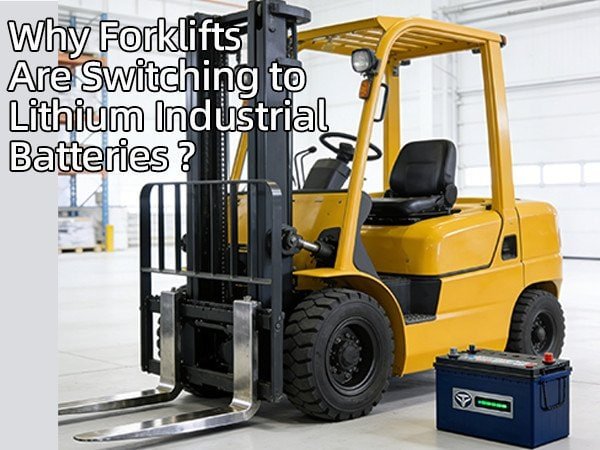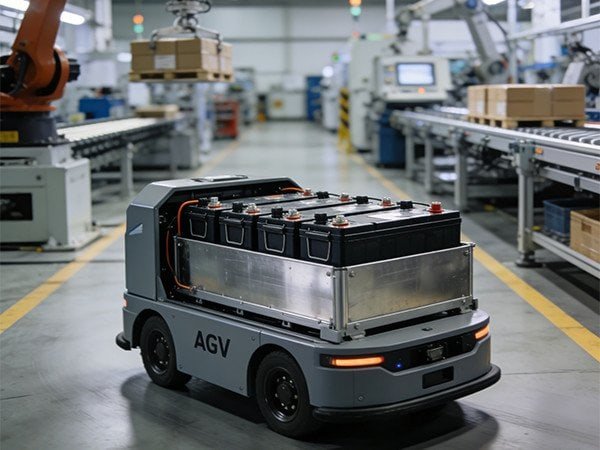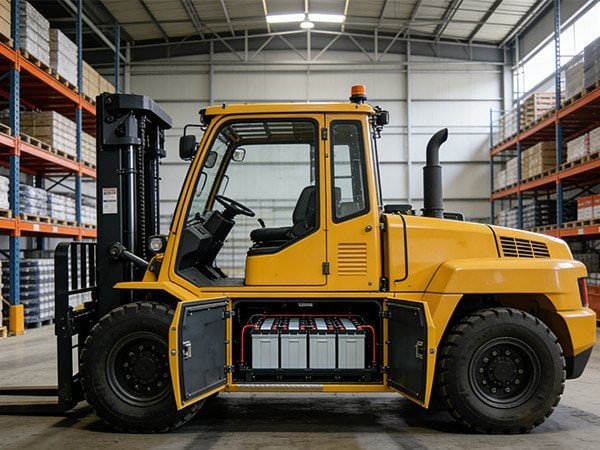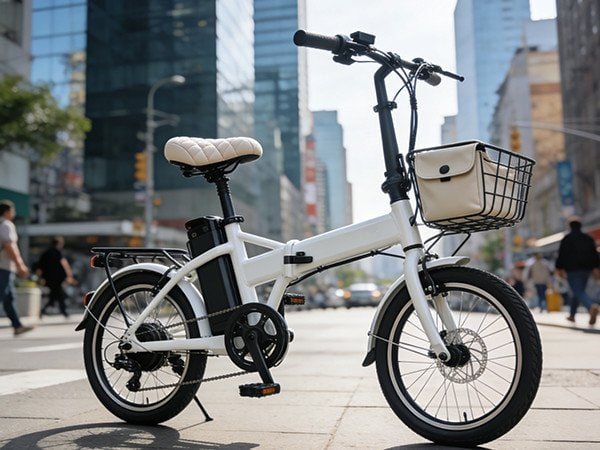As the demand for energy storage continues to grow across industries, the debate between lead-acid batteries and lithium-ion batteries remains a hot topic. In 2025, advancements in technology, cost dynamics, and environmental concerns have shifted the landscape. Here’s a comprehensive comparison to help you decide which battery type suits your needs.

1. Lead-Acid Battery vs Lithium-Ion Battery——Cost Efficiency
Lead-Acid: Still the more affordable upfront option, making it a popular choice for budget-conscious consumers in automotive, backup power, and industrial applications. However, shorter lifespans (3–5 years) may lead to higher long-term replacement costs.
Lithium-Ion: Higher initial cost, but prices have dropped significantly since 2020 due to mass production and improved technology. With a lifespan of 8–15 years, lithium-ion often proves more cost-effective over time.
2. Lead-Acid Battery vs. Lithium-Ion Battery—— Energy Density & Performance
Lead-Acid: Lower energy density means bulkier and heavier batteries, limiting their use in portable and high-performance applications.
Lithium-Ion: Up to 3–4 times higher energy density, making them ideal for electric vehicles (EVs), smartphones, and renewable energy storage where weight and space matter.
3. Lead-Acid Battery vs. Lithium-Ion Battery——Lifespan & Durability
Lead-Acid: Typically lasts 500–1,000 cycles before significant degradation. Performance drops in extreme temperatures.
Lithium-Ion: Offers 2,000–5,000 cycles (depending on chemistry) and handles deep discharges better. New solid-state lithium batteries (emerging in 2025) promise even longer lifespans.
4. Lead-Acid Battery vs. Lithium-Ion Battery—— Charging Speed
Lead-Acid: Slower charging (6–8 hours for a full charge) due to lower efficiency.
Lithium-Ion: Charges 2–3 times faster, with some models supporting ultra-fast charging in under an hour—critical for EVs and grid storage.
5. Lead-Acid Battery vs. Lithium-Ion Battery——Environmental Impact
Lead-Acid: Highly recyclable (up to 99% of materials can be reused), but lead is toxic if improperly disposed of.
Lithium-Ion: More complex to recycle, but 2025 regulations and improved recycling tech are boosting recovery rates. Cobalt-free lithium batteries (e.g., LFP) are gaining traction for being more eco-friendly.
6. Lead-Acid Battery vs. Lithium-Ion Battery—— Safety
Lead-Acid: Generally safe but can leak sulfuric acid if damaged.
Lithium-Ion: Safer than before, but thermal runaway risks remain (though solid-state lithium batteries are reducing this concern).
Which Is Better in 2025?
Choose Lead-Acid if you need a low-cost, reliable solution for backup power, forklifts, or traditional automotive uses.
Choose Lithium-Ion for high-performance, long-term applications like EVs, solar storage, and portable electronics.
With solid-state lithium batteries entering the market and recycling programs expanding, lithium-ion is becoming the future. However, lead-acid remains relevant for specific use cases.
Stay powered wisely in 2025!
About [First Power(Yi zhan battery)]
[First Power(Yi zhan battery)] is a leading provider of energy storage solutions, offering cutting-edge battery technology for a sustainable future.







